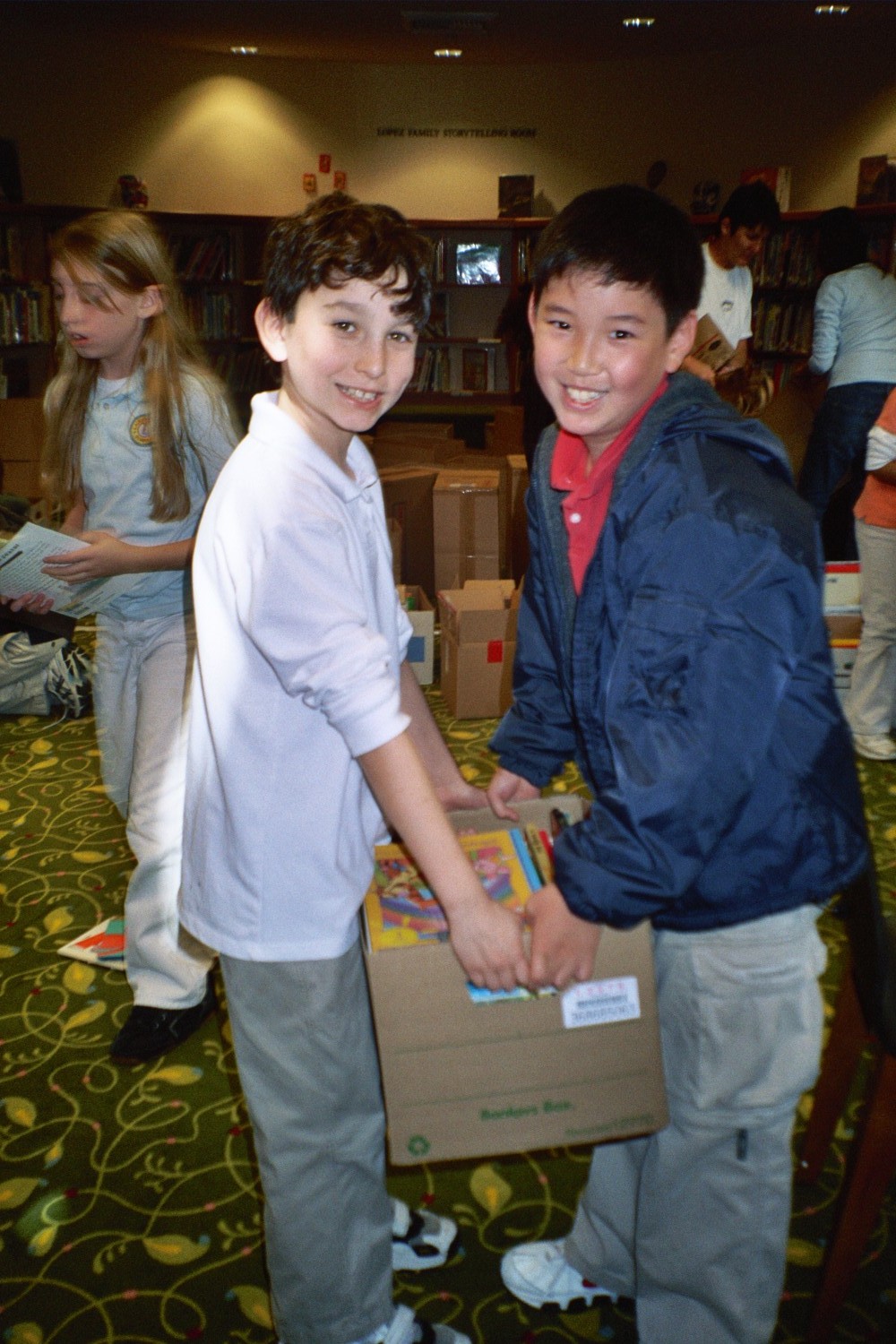
My daughter learned how to read in the past few months. One night I am reading Hop on Pop (officially for the 3,757th time) and the next night she’s reading it to me. Not just from memory, but slowly sounding it out, word by word, thoughtfully working her way through the pages.
I was impressed. Not because she had learned how to actually read, but because it seemingly happened overnight. Now we know that’s not the case. She spent hours reading with her parents and grandparents from the moment she left the womb. Her time in pre-school and kindergarten provided her with the tools, structure and knowledge of the alphabet and reading mechanics…start at the top, read from left to right, etc. She spent hours playing word games on our iPads and mobile phones. Certainly there’s something to be said for technology when used responsibly. She is, as are we all, bombarded by words in our everyday lives through television, advertising, at school. It was all just a matter of time.
What I came to appreciate about the process was not only the time and energy it took so many to provide her with the gift of reading, but that the journey has only just begun. She moved on from Hop on Pop and conquered headier subject matter, like Are You My Mother. She eventually moved on to more complicated chapter books featuring fairies and goblins. We delved into the world of science, dinosaurs and of course, fashion. Through this journey I noticed her learning the nuances of the written word…inflection, meaning, and context.
This got me all to thinking. What if she didn’t have all these tools, all this support, all this opportunity? Learning to read was the only possible outcome for her.
Unfortunately, that’s not the case for too many children. So many kids don’t have the constant attention, a home library as large as their school’s library (which often don’t even exist), the consistency, the positive reading role models. We simply leave it to them to figure it out on their own.
Our communities crumble around us, illiteracy rates continue to grow. Ralph Waldo Emerson said in 1837 that, "The mind of this country, taught to aim at low objects, eats upon itself." Perhaps that has never been truer than it is today. Our approach to literacy is to let everyone figure it out on their own. It worked for us, but will it work for our neighbors?
I saw this played out this week in the news with increased attention focused on Michelle Rhee, the former Washington DC schools superintendent, now a crusader for education reform. Rhee derides the state of education, the control of teacher’s unions and the lack of focus on students. There are many who agree with her and many who do not. Regardless, it’s easy to see that students, especially those coming from disadvantaged backgrounds easily get lost in the shuffle.
A more pa
 ramount question comes to the surface though, who’s watching out for the best interests of students…the best interest of our community? Everyone says they are, but it’s a fractured time, where pundits would rather argue about philosophy and control than identify areas of compromise. Into this void steps BookEnds, with one simple goal; create readers and leaders. Provide access to books and have the kids handle the collection and distribution. Reuse gently loved books, so a youngster may experience their own reading transformation. Let’s celebrate each and every one of those accomplishments. In our household we quickly adopted the mantra, “We have a reader!” Let’s celebrate reading transformations throughout our communities. With your help, we will continue to shout “We have a reader,” for tens of thousands more kids.
ramount question comes to the surface though, who’s watching out for the best interests of students…the best interest of our community? Everyone says they are, but it’s a fractured time, where pundits would rather argue about philosophy and control than identify areas of compromise. Into this void steps BookEnds, with one simple goal; create readers and leaders. Provide access to books and have the kids handle the collection and distribution. Reuse gently loved books, so a youngster may experience their own reading transformation. Let’s celebrate each and every one of those accomplishments. In our household we quickly adopted the mantra, “We have a reader!” Let’s celebrate reading transformations throughout our communities. With your help, we will continue to shout “We have a reader,” for tens of thousands more kids.Jeremy Sidell
Parent, BookEnds Board Member

.jpg)

